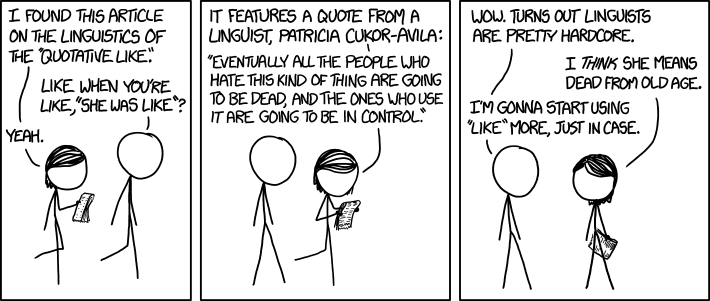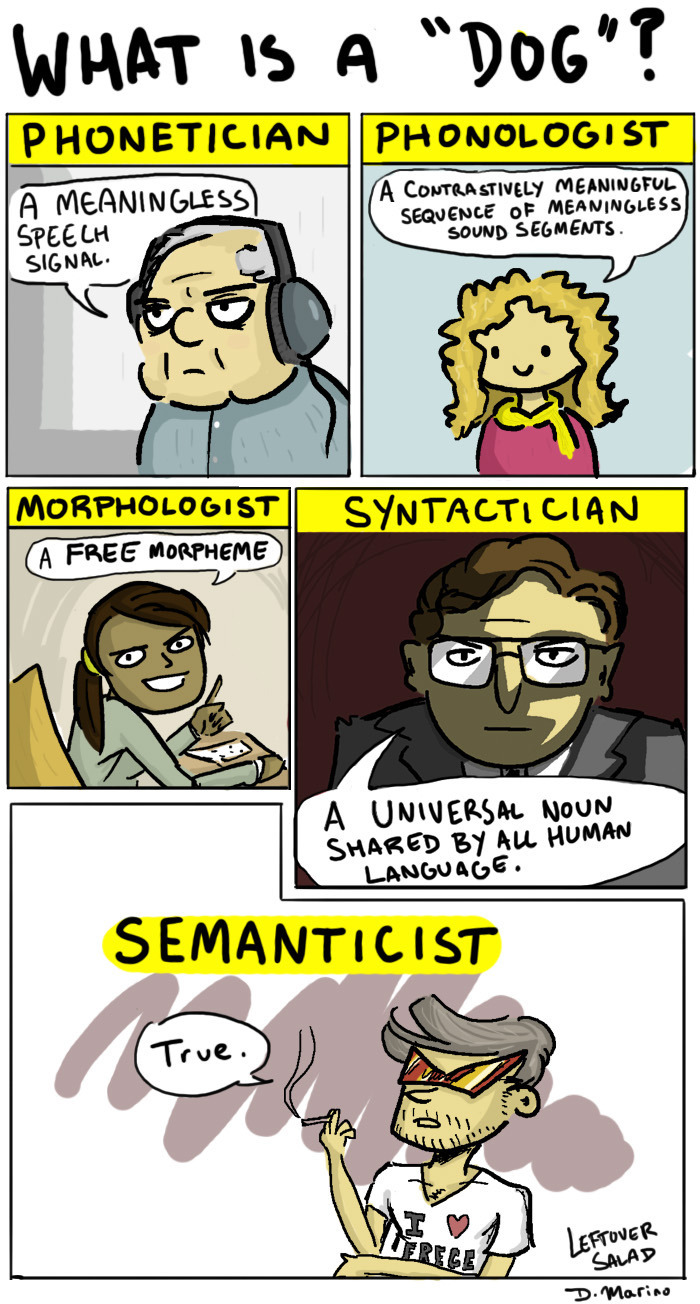I noticed it's easier to shift back to the "pink döner" first perception if you hide the top half of the pic.
I think this is a good starting point. If Collective Shout can pressure MC/Visa to do it, a bigger group can pressure MC/Visa to not do it.
However, we (people in general) should not fool ourselves that this war is over, or that this is the only thing we should be aiming for. Ultimately, the end goal should be to curtail all this pseudo-legislative power payment processors have; laws, competition, change in the economic system, etc.
To add to that: my ship-of-Theseus computer is probably older than quite a few adult Lemmy users.
All current pieces are relatively new, as last year I felt like splurging and had money to do so. Except the hard disk - it's a few years old, I think.
I remember when I installed the predecessor of my current GPU. I put the computer on the floor, and my nephew was crawling in the way, curious. Nowadays my nephew has a stubby beard, and he's taller than me.
My old case was even older. It had a hole, where I glued cardboard. That hole used to hold a 3½ floppy disk drive. It saw the predecessor of that GPU I mentioned above, that I bought in 2004.
I'm diabetic, you insensitive clod!!one!!!eleven
Is there some story behind PPB? As in, why do you guys like that pic so much?
The missing piece is that hiding bad news should be harder. For example, if you're a researcher and all you claim from your research are the good news, people (and the ideal Bayesian agent) should immediately suspect "maybe they're hiding the bad news".
Hyde says that the problem is that, although scientific facts are taught at school, the facts "about" science are not taught well enough.
Bingo. They do a poor job teaching people:
- That failures are not only expected, but welcome; they'll guide future successes.
- That conflicts of interest do happen, and peer reviewing is a way to address them.
- That the current leading theory on something is simply the current best explanation, not some immutable truth.
- That science doesn't say "trust me"; it shows you the data, and asks you to find a better way to explain it.
We (people all around the world, I think?) also do a poor job at teaching ourselves basic rationality:
- That you should get suspicious of any institution or group that only shows the good parts - they're likely hiding shit.
- Why "trust me" is an insult towards the hearer's intelligence.
- Why people shouldn't vomit certainty on things they cannot reliably know.
Ok have you personally taken responsibility for the fact that your media consumption has made your worldview delusional?
This is a loaded question on the same level as "did you stop beating your wife? Yes or no?".
But let's bite: yes.
I come from a scientific background. And you don't get to keep delusions about something when reality is making you interact with that thing over and over, regardless of the origin of said delusions. You face them, as soon as you step into the uni. And one of the things I often talk with people is how science is misrepresented in media, specially after that clown of the former president of my country started babbling about Ivermectin*.
And, due to the nature of the content of this community, I expect at least some of the other people in this comm to be in the same situation as me - to be from a scientific background (or even scientists themselves) and to try to spread awareness on how media misrepresents science, the scientific method, and scientists.
So your "all of you"? Bullshit.
Unless you're decontextualising the whole thing to talk about media-based delusions in general, even if the context screams "regarding science".
(Or perhaps you'll try to change goalposts and say something like "ackshyually, taking responsibility is something else lol lmao.)
Nope? Ok then I am not making an assumption,
Even if your assumption was true (it is not), it would be still an assumption. You're still vomiting certainty about something you cannot reliably know, such as what all individuals in a whole group of people do or don't.
I am stating human nature
I think that both of us know that you're bullshitting.
*just to point out another assumption you're voicing in your comment: "It is why we have a racist reality tv show actor as president". Why do you think everybody here is American?
EDIT: note this topic itself is already a way to take responsibility for all the crap media shows dressed as science. For a start:
what are LadyButterfly, Admetus, klemptor and me doing here, if not highlighting that media grossly oversimplifies Physics?
The social media company last week denied the allegations, calling them 'politically motivated.'
"We don't want some rogue fascists from the outside to meddle in our elections" is politically motivated, and there's nothing wrong with it.
So congrats for the Apartheid-born moron and his drones: you're correct and wrong at the same time.


Undertale taught me how to be evil in RPGs. Without giving you spoilers: it puts that tendency of players of "gotta to see it all!" against their morality.